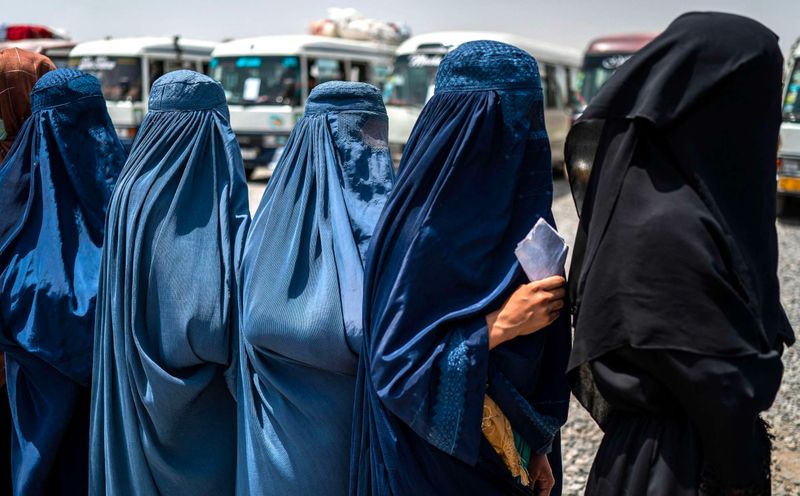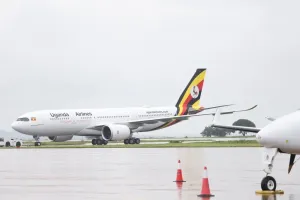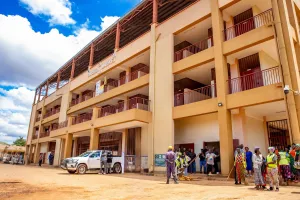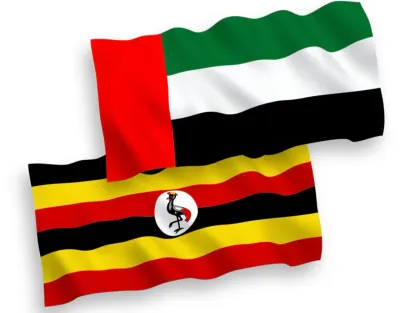
When Fahima Noori completed her university studies in Afghanistan, she had ambitious goals for her future.
She had earned a law degree, completed a midwifery program, and even worked in a mental health facility. But everything changed in 2021, when the Taliban took control of the country. Education for girls over 12 was banned, employment opportunities for women were drastically reduced, and recently, books authored by women have been purged from university libraries.
For Fahima, the internet had become her only connection to the outside world.
"I recently enrolled in an online university and I had hoped to finish my studies and find an online job," she said.
That connection was abruptly severed on Tuesday, when the Taliban enforced a nationwide internet blackout with no indication of when service might resume.
"Our last hope was online learning. Now, even that dream has been destroyed," Fahima added.
To protect her identity, as well as the identities of others interviewed, names have been changed.
'We’re just stuck at home now, doing nothing'
In the weeks leading up to the full shutdown, Taliban officials had been systematically cutting fibre-optic internet in various provinces, justifying the move as a crackdown on “immorality.”
For many, these were ominous signs of a complete internet ban — a fear that became reality this week. According to the internet monitoring group NetBlocks, Afghanistan is now in the midst of a "total internet blackout," bringing much of the country’s daily life and services to a halt.
Major news outlets report they've lost contact with offices in Kabul. Both mobile data and satellite TV have been heavily disrupted. Even flight schedules at Kabul’s airport have reportedly been affected.
Ahead of the full blackout, journalists spoke to Afghan citizens who shared how the gradual loss of internet access had already upended their lives.
Shakiba, who lives in the northern province of Takhar, explained: "Before this, I studied midwifery, but unfortunately that programme was banned for women... the only hope left for us was the internet and online learning."
"We want to study. We want to be educated. We want to be able to help people in our future. When I heard that the internet had been cut, the world felt dark to me."
Fahima, who resides in an eastern province, echoed those feelings. "My two sisters and I were studying online. We used to stay updated on news and technology through the internet, but now we cannot keep up or learn new skills."
She added, “We dreamed of finishing our education and helping our father financially, but now... we all sit at home doing nothing.”
Severe Restrictions Under Taliban Rule
Since reclaiming control in 2021, the Taliban have enforced strict interpretations of Islamic Sharia law, resulting in a long list of bans and limitations.
Just this month, authorities removed dozens of books written by women from university shelves and outlawed the teaching of human rights and sexual harassment. The Taliban claimed that around 140 titles, including scientific texts like Safety in the Chemical Laboratory, were "anti-Sharia" and opposed to Taliban principles.
While the Taliban say they uphold women’s rights in accordance with Islamic and Afghan cultural values, the realities on the ground paint a much bleaker picture.
And it’s not only female students affected by the blackout. Zabi, a teacher who once worked as a journalist in Pakistan, has also seen his career collapse due to internet restrictions.
Unable to find journalism work in Afghanistan, Zabi launched an online English language course after authorities restricted physical learning centres. "I had men and women in my classes — up to 70 or 80 students at a time. My students were happy and our lessons went smoothly," he said. "They were all preparing for the IELTS, a standardised English test and all their learning depended on the internet. The research, the practice tests, the official exams, everything."
There is no IELTS testing centre in Afghanistan, so students rely entirely on internet access to participate.
"Two days ago, about 45 of my students were in the middle of an exam when the internet was cut off. They had been preparing for it for months, but they missed the opportunity. It was heartbreaking for them — and for me as their teacher."
Zabi says he still receives frequent calls from distressed students. “They keep calling me asking 'Teacher, what should we do?' For the boys, there are still some English centres open, but for my female students, this was their last chance. And now even that is gone.”
Mobile Data an Expensive, Unreliable Alternative
Some in Afghanistan still have access to mobile data, but the cost is too high for most families. A 100GB monthly data plan now costs around 3,500 Afghanis (approximately $50), while a home WiFi connection used to cost just 1,000 Afghanis and could be shared among several students.
According to the UNDP, the country’s average per capita income in 2024 was just $306 — making mobile data largely unaffordable for the majority.
Zabi says he may be forced to leave Afghanistan if the blackout continues, as he no longer has a way to earn a living.
While the Taliban have yet to provide a clear explanation for the internet shutdown, they previously hinted at creating an alternative access route — but gave no details or timeline.
'My daughters have lost their last chance'
Anas, a currency trader in Takhar province, says the blackout has nearly shut down his business. This affects finances.
"Our business has been affected by about 90%," he said. "Yesterday, my brother who is also my business partner tried to send an email to a client. He couldn't get it through."
But more than the business, he’s heartbroken over what the shutdown means for his three daughters, all of whom were pursuing their education online.
"The night before, we heard the Taliban had cut internet access in Mazar, and my eldest daughter came to me with tears in her eyes and said she feared the same would happen here.
“Their last opportunity to study is now gone. Seeing my children so helpless... that was the hardest for me. Only God knows what will happen to them and to me”.













Aldrige Kennedy
Leave a Comment
Your email address will not be published.